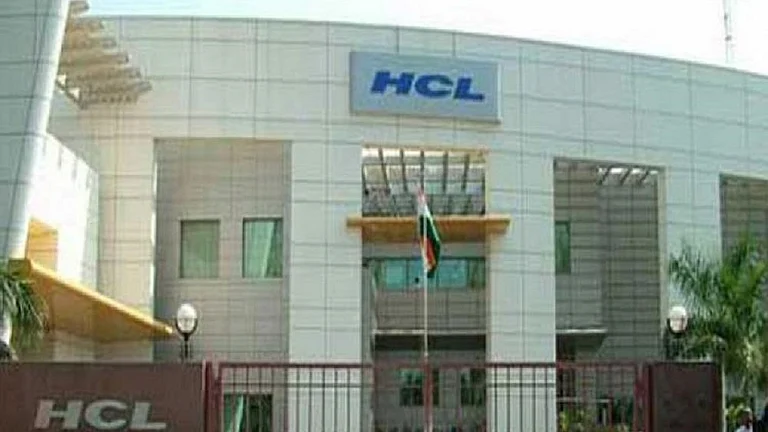Around 337 metric tonnes of toxic waste was recently transported from the Union Carbide plant in Bhopal, Madhya Pradesh, the site of one of the deadliest and most tragic industrial tragedies in Indian history. Around four decades ago, a leak of methyl isocyanate, a highly toxic chemical, from the plant claimed thousands of lives and poisoned several others in the capital city of Madhya Pradesh. This was in 1984.
Under tight security, toxic waste was moved in twelve sealed containers from the disaster site to the Common Treatment Storage and Disposal Facility (CTSDF) in Pithampur, located 142 miles from Bhopal, reported the Hindustan Times.
This comes days after a Madhya Pradesh high court pulled up local authorities and set a four-week deadline for taking action in the matter, ensuring the safe disposal of toxic waste. The authorities were even told that they were "still in a state of inertia despite 40 years" by the court, reported the BBC. "Are you waiting for another tragedy?" the court added.
The safe disposal of toxic waste has been a longstanding concern among locals who have had to suffer the consequences of groundwater contamination in the region, associated with several environmental and health impacts. As per an Al Jazeera report, for instance, "testing of groundwater near the site in the past revealed that levels of chemicals causing cancer and birth defects were 50 times higher than what is accepted as safe by the United States Environmental Protection Agency."
According to authorities involved in the matter, the safe disposal of the toxic waste will reportedly take around 3-9 months. The process has come with its own set of controversies though, with locals at the new location raising concerns over the potential damage they may face in light of this development. This is not the first time such concerns have been raised.
As per the BBC report, there have been previous attempts by officials to dispose of the waste from the Bhopal factory but they had to be dropped facing resistance from activists.
The process of transporting the toxic waste began on January 1, and it took more than 36 hours to fill 30 metric tonnes of waste into each truck, reported HT.
Several environmental activists have sounded the alarm over the safety of the incineration process. In a DW report, Rachna Dhingra, a Bhopal-based activist, criticised the government's decision to transport the waste to Pithampur, noting that the plant had previously failed safety tests, exposing local people to high levels of toxins.
Toxic Waste: Impacts
The environmental impact of the Bhopal gas tragedy continues to affect the local ecosystem. Groundwater in the vicinity of the Union Carbide plant remains contaminated with hazardous chemicals. Studies by the Indian Institute of Toxicology Research (IITR) and others have found that heavy metals like lead, nickel and arsenic exceed permissible levels in the groundwater, affecting several residential areas near the site. A 2018 study revealed the presence of cancer-causing chemicals, such as chlorobenzene, which can damage the brain, liver, and kidneys.
In 2024, the Central Ground Water Authority (CGWA) submitted a report to the National Green Tribunal (NGT), confirming ongoing contamination in the area. Locations near the former Union Carbide plant showed elevated levels of manganese and strontium, both harmful to human health.
“Zinc contamination was minimal, with only one location exceeding the BIS [Bureau of Indian Standards]-acceptable limit but remained under the permissible limit (15 mg/L). Arsenic concentrations were generally below BIS limits, except for one location,” stated a report dated January 15 which was submitted to the NGT by the Central Ground Water Authority (CGWA).
Despite these findings, Swatantra Kumar Singh, director of the state government’s Bhopal gas tragedy relief and rehabilitation department, has denied any significant risk to the local ecosystem, assuring that the waste disposal process would be carried out safely, reported The Guardian.
For years, activists and locals have demanded that Union Carbide and Dow Chemicals take responsibility for the clean-up. The companies have consistently denied liability, referring to a 1989 settlement with the Indian government.
Meanwhile, the toxic legacy of the 1984 Bhopal gas tragedy lives on, even as local communities continue to negotiate for their rights and safety. The discourse around this development highlights how the safe disposal of toxic waste continues to be a pressing issue, especially for local communities located in and around the site of tragedy or disposal.


























